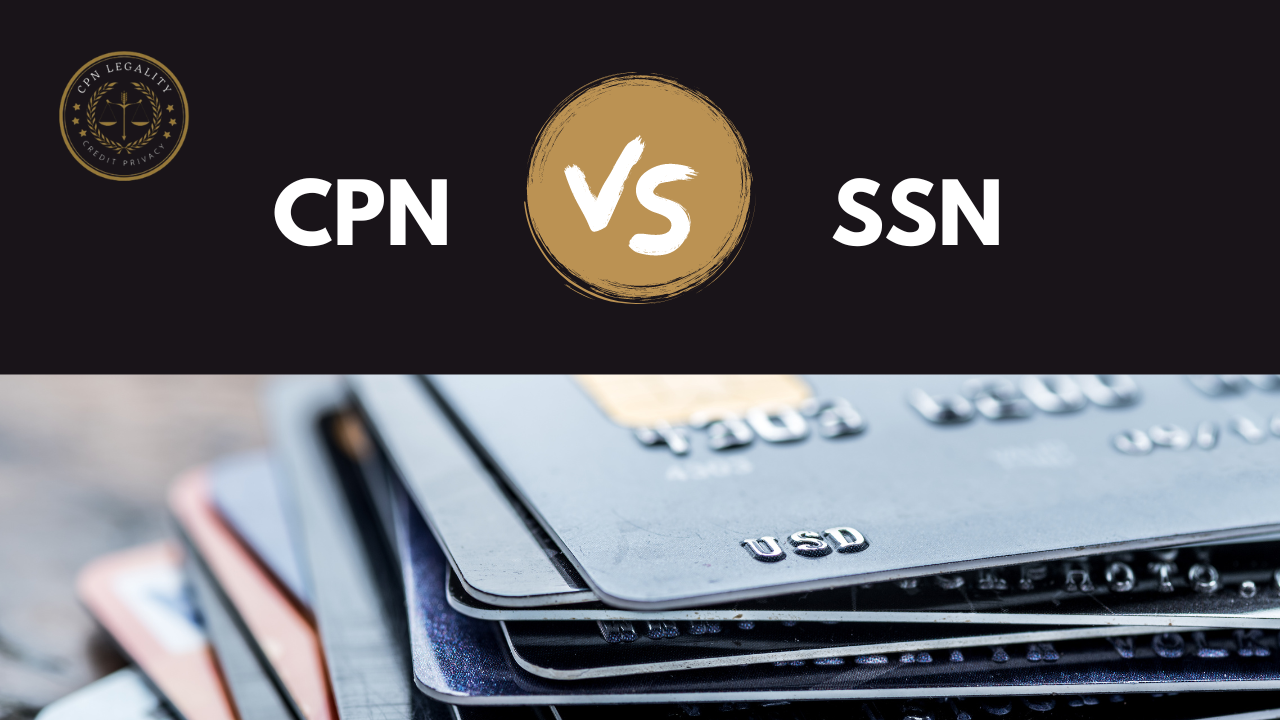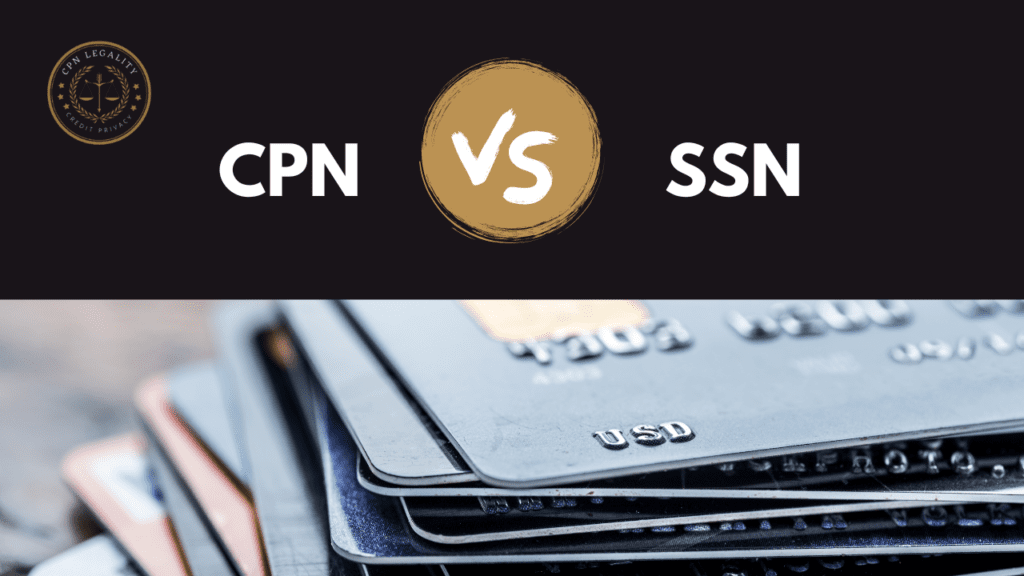
3-Step Formula to Financial Success With CPN Numbers
Achieve financial success with our 3-Step Formula leveraging CPN Numbers for a secure and prosperous future.

Credit Privacy Numbers (CPNs) and Social Security Numbers (SSNs) are both identification numbers used in the United States. While they share similarities as identification tools, they have distinct differences in terms of their issuance, legal recognition, primary use, and limitations.
In this article, we will explore these differences and shed light on how CPNs differ from SSNs.
A Credit Privacy Number (CPN) is a nine-digit identification number used by some individuals for credit-related purposes. CPNs are not issued by any official government entity and are not recognized or authorized by the government.
They are often marketed as an alternative to SSNs, primarily for credit repair and privacy protection.
A Social Security Number (SSN) is a nine-digit identification number issued by the Social Security Administration (SSA) in the United States.
SSNs serve multiple purposes and are primarily used for tracking individuals’ Social Security benefits, reporting income to the Internal Revenue Service (IRS), and verifying identity for various governmental and financial transactions.

CPNs are not issued by any official government authority. They are typically self-assigned or acquired through certain service providers who claim to offer CPN services.
On the other hand, SSNs are issued exclusively by the Social Security Administration, a government agency responsible for administering Social Security programs.
While SSNs have legal recognition and are widely accepted as official identification numbers, CPNs do not possess legal recognition. CPNs are not recognized or authorized by the government for identification purposes.
It is important to note that using a CPN as a replacement for an SSN in official government transactions or misrepresenting it as a government-issued identification number is illegal.
SSNs have a broad range of uses in various official capacities. They are required for employment, filing taxes, applying for government benefits, obtaining loans, opening bank accounts, and other official transactions.
CPNs, on the other hand, are primarily associated with credit-related activities. Some individuals may opt to use a CPN when applying for credit to establish a separate credit profile or limit exposure of their SSN.
While SSNs are universally accepted, CPNs have limitations and restrictions. Many creditors, lenders, and financial institutions have become aware of CPNs and have developed mechanisms to detect their usage.
Consequently, using a CPN as a means to manipulate credit history or engage in fraudulent activities can lead to severe penalties and legal consequences.
Moreover, relying solely on a CPN for credit-related purposes may prove ineffective, as creditors often have measures in place to identify and evaluate CPN usage.
The use of SSNs is regulated by federal laws, and their misuse can result in legal consequences. CPNs, on the other hand, exist in a legal gray area.
While possessing a CPN is not inherently illegal, using it for fraudulent activities or misrepresenting it as a government-issued identification number is unlawful.
Individuals should exercise caution and ensure compliance with applicable laws and ethical considerations when it comes to CPN usage.
In conclusion, CPNs and SSNs differ in several key aspects. SSNs are government-issued identification numbers with legal recognition, while CPNs are not recognized or authorized by the government. SSNs have a wide range of uses, whereas CPNs are primarily associated with credit-related activities.
It is crucial to understand the legal boundaries and ethical considerations surrounding CPNs and to use them responsibly, if at all. Individuals should prioritize compliance with the law and exercise caution to avoid engaging in illegal activities or falling victim to scams.
CPNs are not recognized as official identification numbers by the government, and misrepresenting a CPN as an SSN in official transactions is illegal. It is important to understand the legal implications and use CPNs responsibly, if at all.
CPNs are often marketed as a means to protect privacy, but their effectiveness is limited. Creditors and lenders have mechanisms in place to identify CPN usage, and using a CPN does not guarantee absolute privacy or protection from identity theft.
While some individuals may use CPNs in an attempt to repair their credit, it is important to note that using a CPN alone does not guarantee improved credit. Establishing good credit requires responsible financial practices, such as making timely payments and managing credit responsibly.
While there are legitimate services that offer CPNs, it is essential to exercise caution and research thoroughly before engaging with any service provider. Be wary of fraudulent schemes or promises that sound too good to be true.
Using a CPN improperly or engaging in fraudulent activities can have severe consequences, including legal penalties, fines, and damage to your credit. It is crucial to understand the legal boundaries and potential risks associated with CPN usage.

Achieve financial success with our 3-Step Formula leveraging CPN Numbers for a secure and prosperous future.

Uncover hidden truths with the top 5 facts about CPN numbers that you never knew in this revealing exploration.

Discover the ins and outs of buying CPNs – Are they right for you? Explore the world of CPNs and their implications.

Comparing CPN Numbers and Secured Credit Cards – Uncover the best credit-building options and make informed financial choices.
Call us now!
©2023 by CPN Legality. Managed by Abaani Tech